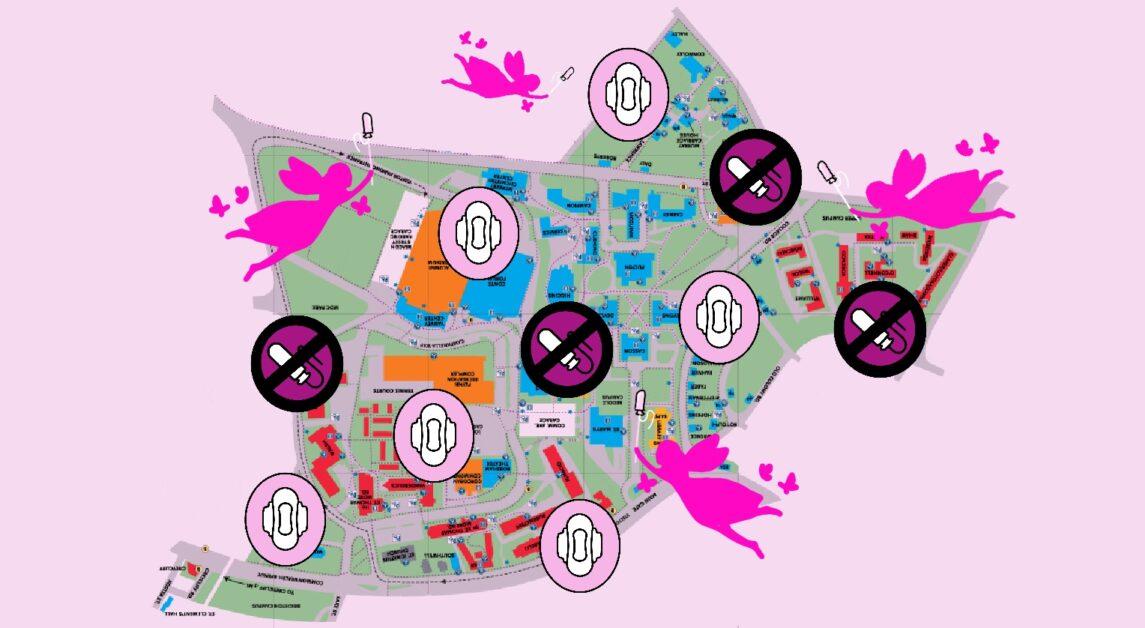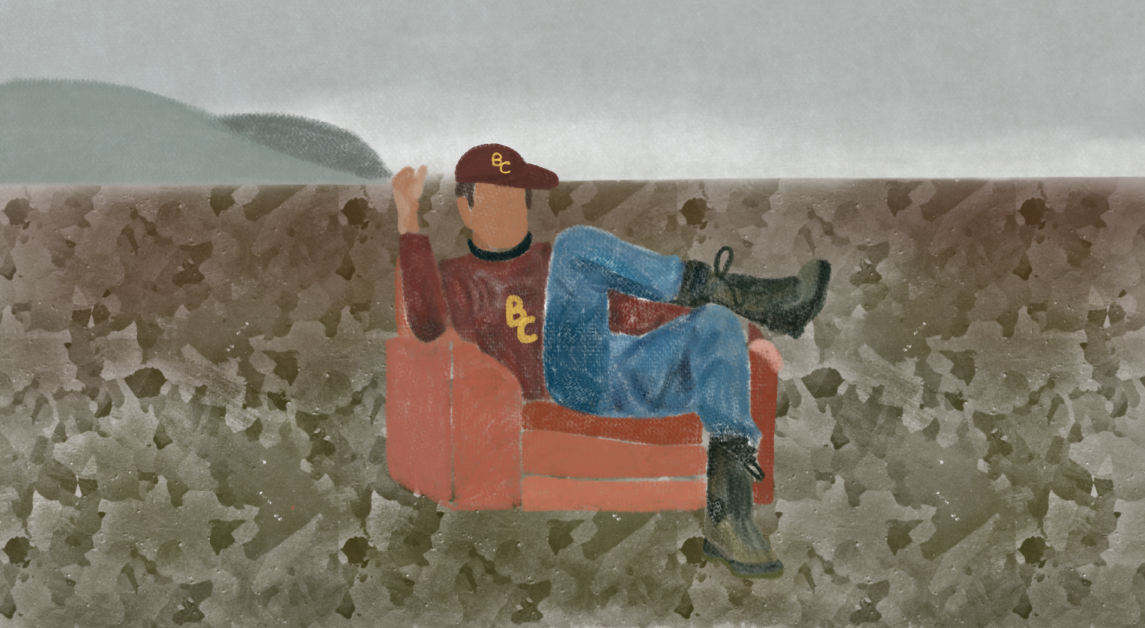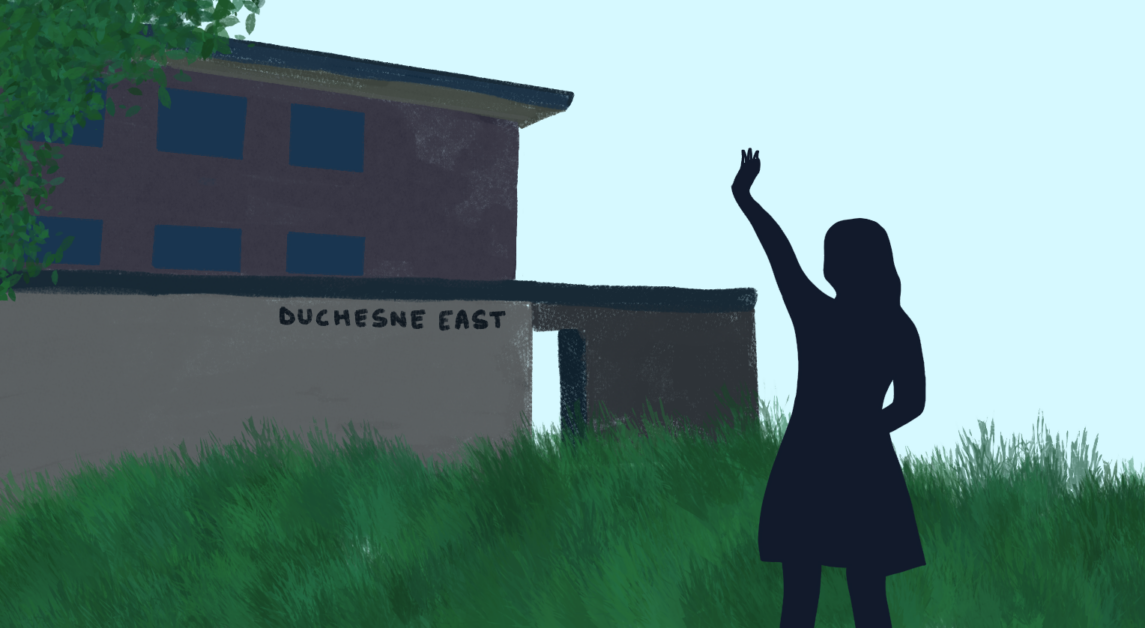The Boston College study-abroad experience is often recounted in a short, fervent shout of joy. The newly-stateside student gushes about his trip in rapid motion. His hands move wildly and his eyes light up as he sums up his semester with the repetitive use of “amazing,” “incredible,” or “best time of my life.” After this brief, episodic reaction, the student develops a glazed-over expression. His eyes drift away and he smiles longingly for his time abroad.
The student might describe his weekend traveling along the coast of Greece or that time he met the French Ambassador to India in a club. He will remember the food, the locals, the iconic sights. He will tell of the moments that are captured in postcards.
Yet rarely are the smaller moments mentioned-the moments that are not beautiful, surreal, or life-altering, but just as authentic to the abroad experience. The metro ride to class when a student feels a sudden pang of longing for home. The quiet moments in an apartment that feels foreign and isolating. The frustration of restarting, trying to find comfort in a new city.
This past weekend marked the end of my first month in Madrid. I stumbled into the study abroad program with a longing to immerse myself in a new culture, an abundance of confidence, and just two years of Spanish and a Pass/Fail CCR course under my belt. I understood that the adjustment would be difficult, but I wanted to experience something entirely outside of my comfort zone, and I was prepared to figure the rest out along the way.
As I stepped into my host mom’s cozy flat in the heart of Salamanca, I was given a rude awakening. Angelique spoke in rapid Spanish and I followed behind her, alternating my responses between “si, si” and “oh … lo siento.”
Although I can say that my conversational skills have vastly improved since that first morning, it has by no means been easy. I have found myself in a foreign city with the mind of a college student and the verbal skills of a six-year-old. While I want nothing more than to be receptive, warm, and attentive to those around me, my inability to offhandedly converse in Spanish has left me feeling hesitant and uncharacteristically shy.
Since being in Madrid, I’ve made all the mistakes-I have assertively told my host mom that today is my sister’s birthday, only to realize I had told her it was my sister’s “feliz navidad.” I have walked into a store and, not once but twice, blanched at the store owner as he offered me a friendly greeting. I have difficulties keeping up in Spanish lectures because sometimes, I just have no idea what the professor is talking about. From these and other experiences, I have learned to speak slowly, conjugating verbs and reordering phrases in my head before I expose them to the world.
As an English major, I rely on words to express my thoughts in a coherent, persuasive manner. And as most of my friends can attest, I am not a woman of few words. Spain has, in some ways, altered that. The characteristics I am most confident in-my conversational skills, affability, poise-are now a mere fraction of what they were in the States. I am often frustrated with myself, pissed that I can’t have a friendly conversation with the woman sitting next to me at a cafe. I feel exhausted and, though those around me are patient and welcoming, I am quick to beat myself up for my continuous mistakes.
Since being in Spain, I have seen sights worthy of a postcard. I have traveled to other countries for the weekend, and I have eaten paella that has left me in a state of pure bliss. But I have also missed home, I have felt defeated, and I have sat on a metro car wishing I were back on the Comm. Ave. bus.
I do not mean to say that these moments take away from the abroad experience. In fact, I mean just the opposite. I chose to study abroad to immerse myself in a new culture. The difficulties I have experienced-the most frequent being the language barrier-will not be solved with a study guide and a few nights of cramming. I will not be able to fix this overnight, in a week, or even a month. This is a different type of challenge. This is a day-in-and-day-out process, in which I will most likely never find perfection. And, I’ve come to realize, that is even more important to the abroad experience than a weekend in Rome.
Perhaps these smaller, less romantic moments do not fit the idealized notion of a semester abroad. But I am confident that through these moments, I will gain patience, temperament, and humility-and I will carry these lessons home with me, alongside my stack of European postcards.






